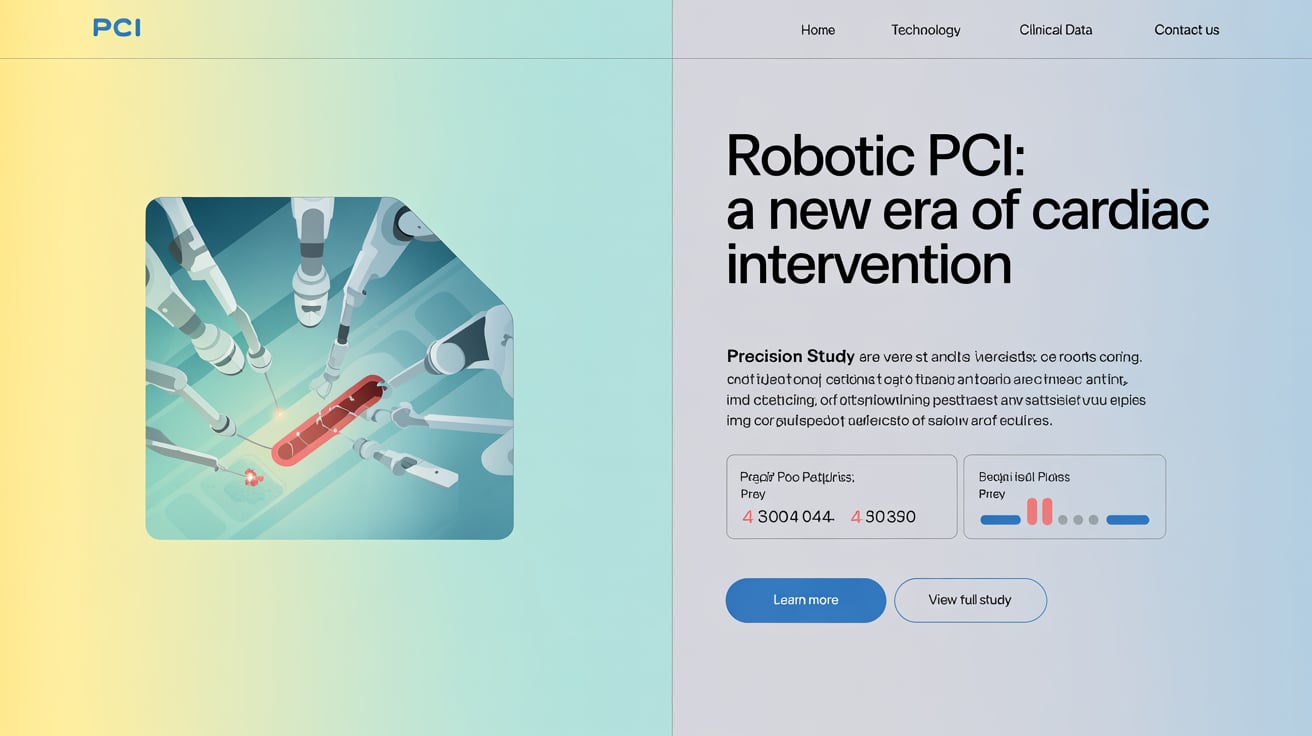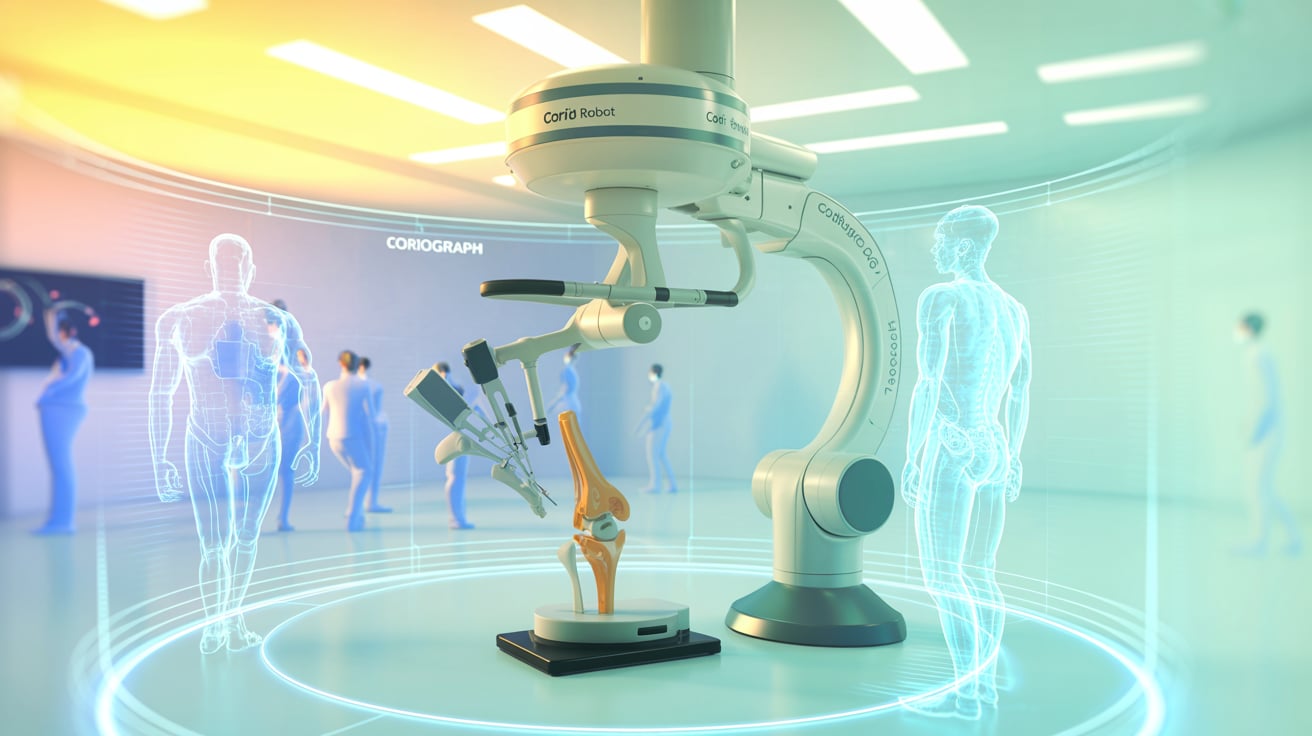The American College of Cardiology (ACC) has released a comprehensive expert consensus document aimed at improving post-stroke care through effective arrhythmia monitoring. This guidance highlights strategies for detecting and managing atrial fibrillation (AF) and other arrhythmias that contribute to recurrent stroke risk.
Key Recommendations
The 2024 ACC Expert Consensus Decision Pathway outlines practical steps for arrhythmia monitoring based on stroke subtype and risk factors, emphasizing:
- Extended monitoring tools: Includes wearable devices and implantable cardiac monitors for more accurate AF detection.
- Personalized approaches: Tailored monitoring and treatment plans developed collaboratively with patients.
- Device evaluation: Reviews both medical-grade and consumer-grade monitors for their suitability in specific clinical scenarios.
Importance of Monitoring
Stroke is a leading global cause of disability and death, with AF significantly increasing the risk. Traditional short-term ECG methods often miss transient AF, but longer monitoring durations can improve detection. The guidance notes that earlier AF detection could potentially reduce recurrent stroke events when followed by appropriate treatment.
Monitoring and Management Steps
The document highlights a three-step approach:
- Multidisciplinary evaluation to determine stroke mechanisms.
- Risk assessment to gauge the likelihood of arrhythmia involvement.
- Optimal monitoring strategy selection, balancing accuracy and practicality.
For patients with detected AF episodes lasting >5 minutes, anticoagulation therapy is often recommended, especially for those with a CHA2DS2-VASc score ≥3. In patients without AF, antiplatelet therapy remains the standard.
Innovations in Monitoring
The use of long-term continuous monitoring (LTCM) devices, now representing over 40% of the remote ECG monitoring market, underscores the growing adoption of advanced tools to enhance stroke care. These devices capture more data over time, increasing the likelihood of AF detection.
Looking Forward
By adopting these tailored strategies, clinicians can better identify and manage arrhythmias in post-stroke patients, potentially reducing the risk of recurrence and improving outcomes.
Follow MEDWIRE.AI for updates on advancements in stroke care and arrhythmia management.








